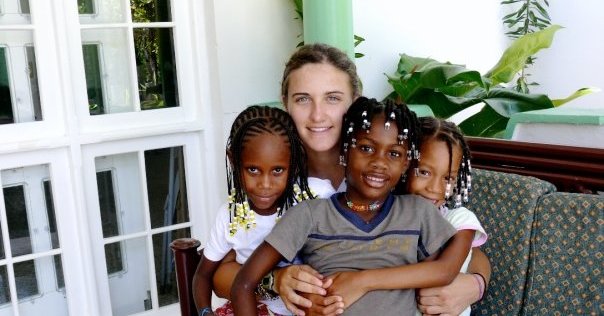This essay, by Ketong Li, age 17, from Miss Porter’s School in Farmington, Conn., is one of the Top 11 winners of The Learning Network’s Ninth Annual Student Editorial Contest, for which we received 16,664 entries.
We are publishing the work of all the winners and runners-up over the next week, and you can find them here as they post.
High on Helping: The Dangers of Voluntourism
As an Asian student in the United States, I’ve faced my share of cringe-inducing cultural insensitivity and casual imperialism. But in the summer of 2020, ironically, I was guilty of the exact same.
A group of peers and I had traveled to Myanmar, ostensibly to create a musical to promote and preserve the Wa people’s artistic culture. The fact that none of us had any background in anthropology, musicology or production was strangely irrelevant. “Hi! I’m here to protect your heritage by publicizing your customs to the world,” I announced shamelessly to the Wa chief.
Welcome to the rapidly growing industry of voluntourism, which markets itself as a seamless blend of charity and leisure. Organizing trips for over 10 million people annually, voluntourism agencies reap billions from their clients’ good intentions. The seemingly benevolent nature of the activity has made it a top choice extracurricular for students who can afford it.
Unfortunately, most participants (including my past self) are blind to its disturbing consequences. In the words of a New York Times article, voluntourists assume that “simply by being privileged enough to travel the world” they “are somehow qualified to help ease the world’s ills.”
The idea that voluntourism is based in egotism, not altruism, may be a tough pill to swallow. But voluntourists’ actions are often fruitless due to the volunteers’ limited involvement and expertise. Put bluntly, many of these trips serve no purpose other than to pad resumes and fuel social media posts. It is up to universities, at whom much of this business is aimed, to point out explicitly how superficial — or downright detrimental — these efforts can be.
Voluntourism implicitly teaches students to develop a “white savior” complex toward the regions they visit. More insidiously, residents of host communities can become dependent on foreign influence — financial influence, that is, because none of the voluntourists’ other impacts typically last longer than their trip. As Pippa Biddle illustrates in the book “Ours To Explore,” once one group “[finishes] building bathrooms at a local school and [leaves] for home, the structures [will be] demolished to make way for a new project, built by a fresh set of volunteers.” She even documented how children in Uganda learned to “rub dirt on themselves before running toward arriving volunteers.”
Many students don’t realize that to better the world, they don’t have to leave their own neighborhoods, let alone their continent. While helping seniors set up grocery deliveries may not sound as exciting as building schools for impoverished children, it demonstrates what colleges really want to see, without the hefty price tag and overtones of imperialism. As I learned myself, all that matters is having a long-term positive impact — there’s no need to make a song and dance.
Works Cited
Bansal, Sarika. “Do No Harm: The Dark Side of Voluntourism.” Driving Change, 8 Dec. 2021.
Biddle, Pippa. “Ours To Explore: Privilege, Power, and the Paradox of Voluntourism.” Potomac Books, an Imprint of the University of Nebraska Press, 2021.
Kushner, Jacob. “The Voluntourist’s Dilemma.” The New York Times, 22 March 2016.



















